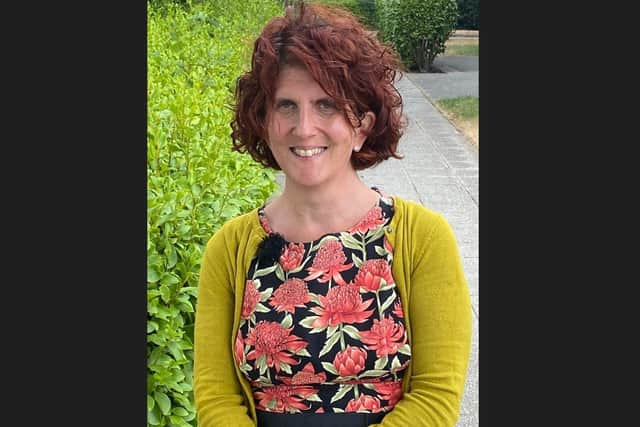Sussex NHS Trust leads study on treating depression which could save the NHS £500 per patient
and live on Freeview channel 276
Sussex Partnership NHS Foundation Trust (SPFT) has led the study. Results show how guided use of a specialised mindfulness self-help book was more effective at treating people experiencing mild to moderate depression than the treatment of guided cognitive behavioural therapy (CBT) self-help which is recommended by the National Institute for Health and Care Excellence.
Currently, patients referred with depression are usually given a CBT self-help book or materials with support from a trained practitioner. The study found that the mindfulness self-help book, in conjunction with practitioner support, led to a 17.5 per cent improvement in recovery from depression in comparison to practitioner-supported CBT self-help.
Advertisement
Hide AdAdvertisement
Hide AdThe study found the mindfulness self-help intervention saved the NHS more than £500 per patient.


Professor Clara Strauss, deputy director of research at SPFT and Professor of Clinical Psychology in the School of Psychology at the University of Sussex, is the lead researcher of the randomised controlled trial. She said: “At least one in 10 people will experience depression at some point, yet only one in four get the treatment they need.
“Our study showed that people experiencing mild to moderate depression receiving one-to-one, clinician-supported mindfulness self-help were significantly less depressed 16 weeks after the intervention started, compared to people receiving clinician-supported CBT self-help.
“It improves treatment outcomes, while also saving the NHS money. The self-help book provides a week-by-week guide to develop mindfulness skills so that people are better able to notice, accept and respond to their experiences in a way that could free them from depression.”